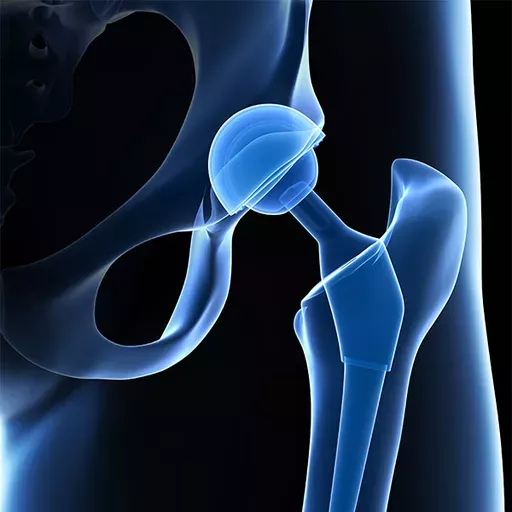What are joint replacements?
Joint replacements refer to a surgical procedure to replace part or all of a damaged joint with an artificial device. A joint forms where two or more bones meet. There are different types of joints throughout your body, including the ball and socket joint of your shoulders and hips and the hinge joint of your elbows and knees.
Why would I need joint replacement surgery?
The team at Tier 1 Orthopedic and Neurosurgical Institute offers comprehensive joint replacement procedures for hips, ankles, and knees. They might recommend surgery when conservative therapies aren’t enough to treat the cause of chronic pain or if you have a serious joint deformity. Some conditions that can cause joint damage include osteoarthritis and rheumatoid arthritis. You might also need joint replacement surgery if you experience an injury that causes a serious hip, knee, or ankle fracture. Joint replacements are generally only an option when no other therapy can preserve the function in your joint.
What happens during joint replacements?
During joint replacement surgery, the Tier 1 Orthopedic and Neurosurgical Institute team makes small incisions over the joint. They may use minimally invasive techniques or computer-controlled robotic arms to remove the damaged portions of your joint, such as bone and cartilage. If you have severe damage or a joint deformity, your surgeon removes all of the joint structure. They replace the joint with an artificial medical-grade plastic, metal, or ceramic joint that functions like your natural joint. After the artificial joint is in place, your surgeon closes the incision, and you spend time recovering from anesthesia. Some joint replacements are outpatient procedures that allow you to go home soon after to begin your recovery. Your Tier 1 Orthopedic and Neurosurgical Institute physician can discuss your options for same-day surgeries in advance of your procedure to determine whether or not you need to stay in the hospital.
How long does it take to recover from joint replacements?
As everyone recovers differently after joint replacement surgery, the Tier 1 Orthopedic and Neurosurgical Institute can discuss what to expect as you heal from your procedure. Your recovery time also varies based on which joint is receiving treatment. Generally, you can expect to have some pain in the treated joint immediately after your surgery. Your physician helps you manage it with medications and rest. Not long after your joint replacement, you begin rehabilitation. That typically involves physical therapy to strengthen the muscles supporting your joint. You may also need to do exercise at home to increase the efficiency of your recovery. As you heal, you should notice an increased range of motion in your joint. Continued rehab helps restore full function in your joint, so you can resume your usual activities. Call Tier 1 Orthopedic and Neurosurgical Institute to determine if joint replacements are the right treatment option for you, or request a consultation online today.

